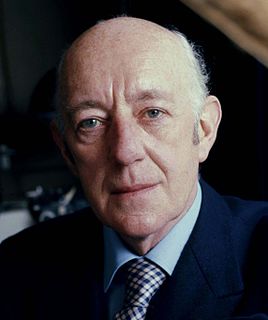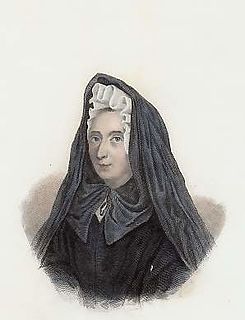A Quote by Waller R Newell
Men have discovered their distinctive virtues and vices through grappling with the perennial dilemmas and demands of love, courage, pride, family, and country-the five paths whose proper ordering gives us the key to the secret of happiness for a man.
Related Quotes
Strength, Courage, Mastery, and Honor are the alpha virtues of men all over the world. They are the fundamental virtues of men because without them, no 'higher' virtues can be entertained. You need to be alive to philosophize. You can add to these virtues and you can create rules and moral codes to govern them, but if you remove them from the equation altogether you aren't just leaving behind the virtues that are specific to men, you are abandoning the virtues that make civilization possible.
The definitions of humanism are many, but let us here take it to be the attitude of those men who think it an advantage to live in society, and, at that, in a complex and highly developed society, and who believe that man fulfills his nature and reaches his proper stature in this circumstance. The personal virtues which humanism cherishes are intelligence, amenity, and tolerance; the particular courage it asks for is that which is exercised in the support of these virtues. The qualities of intelligence which it chiefly prizes are modulation and flexibility.
Patriotism is proud of a country's virtues and eager to correct its deficiencies; it also acknowledges the legitimate patriotism of other countries, with their own specific virtues. The pride of nationalism, however, trumpets its country's virtues and denies its deficiencies, while it is contemptuous toward the virtues of other countries. It wants to be, and proclaims itself to be, "the greatest," but greatness is not required of a country; only goodness is.
Envy, my children, follows pride; whoever is envious is proud. See, envy comes to us from Hell; the devils having sinned through pride, sinned also through envy, envying our glory, our happiness. Why do we envy the happiness and the goods of others? Because we are proud; we should like to be the sole possessors of talents, riches, of the esteem and love of all the world! We hate our equals, because they are our equals; our inferiors, from the fear that they may equal us; our superiors, because they are above us.
The widespread interest in gossip is inspired, not by a love of knowledge but by malice: no one gossips about other people's secret virtues, but only about their secret vices. Accordingly most gossip is untrue, but care is taken not to verify it. Our neighbour's sins, like the consolations of religion, are so agreeable that we do not stop to scrutinise the evidence closely.































